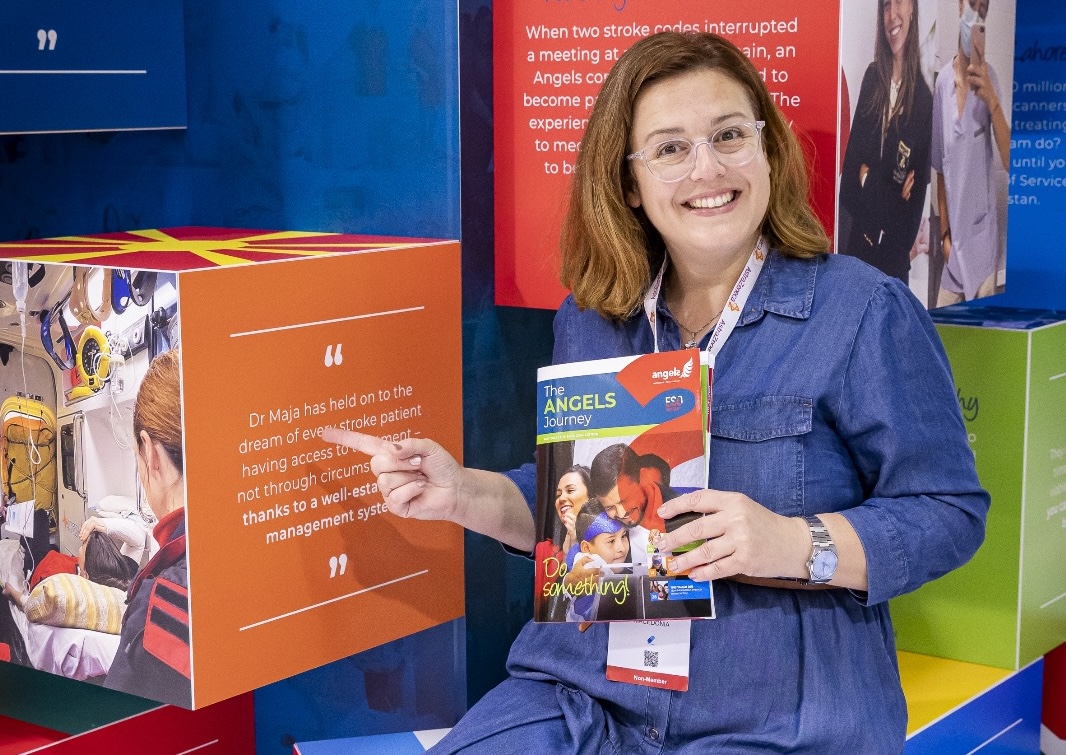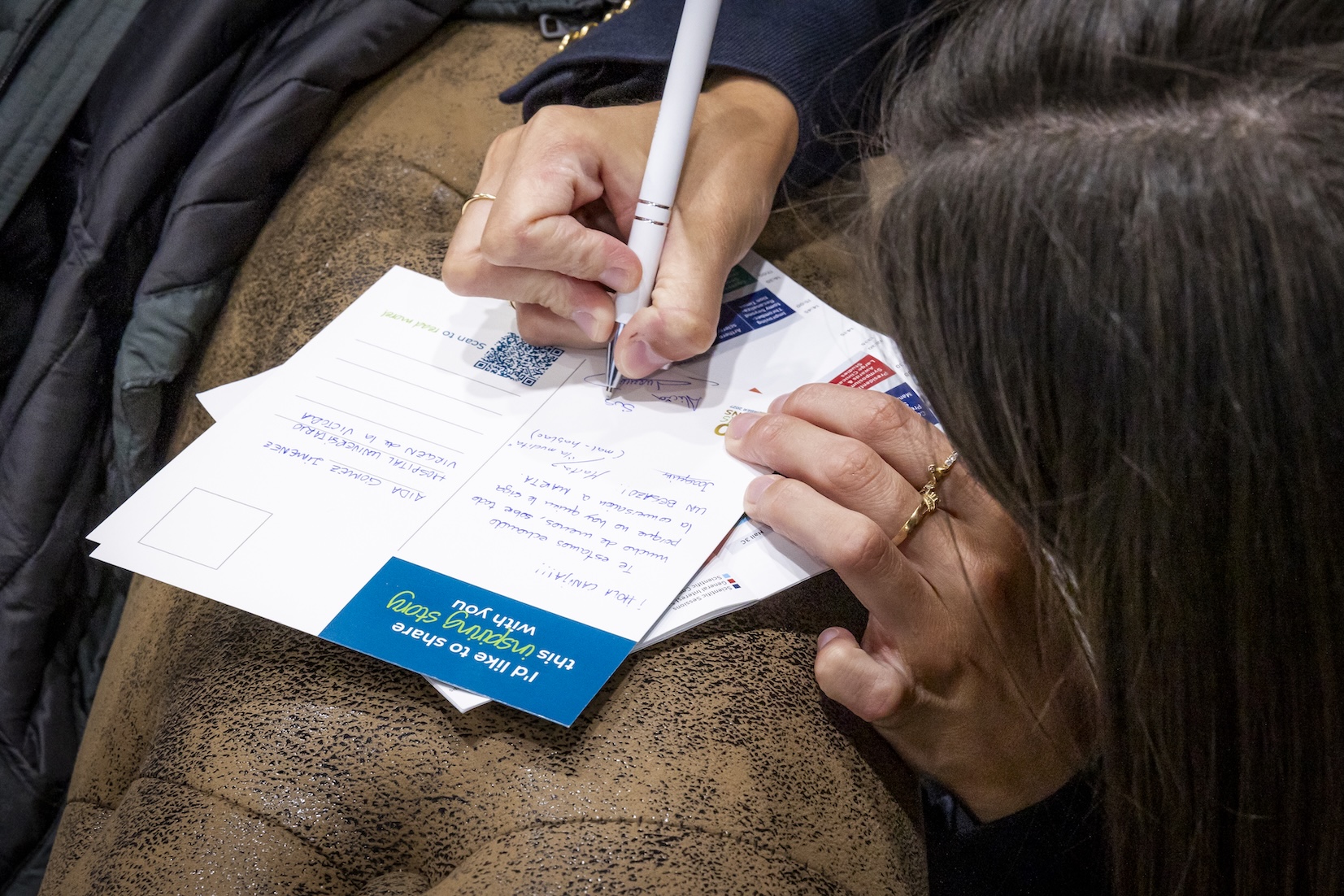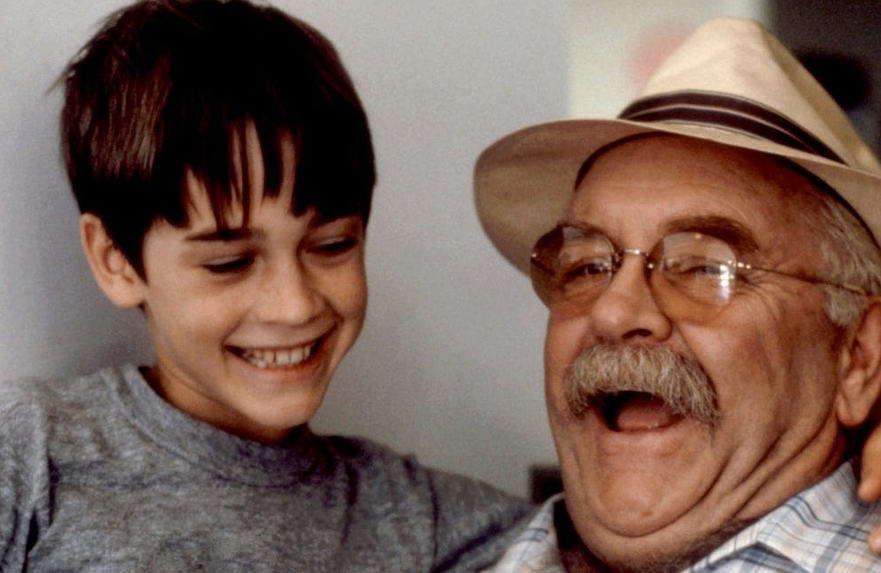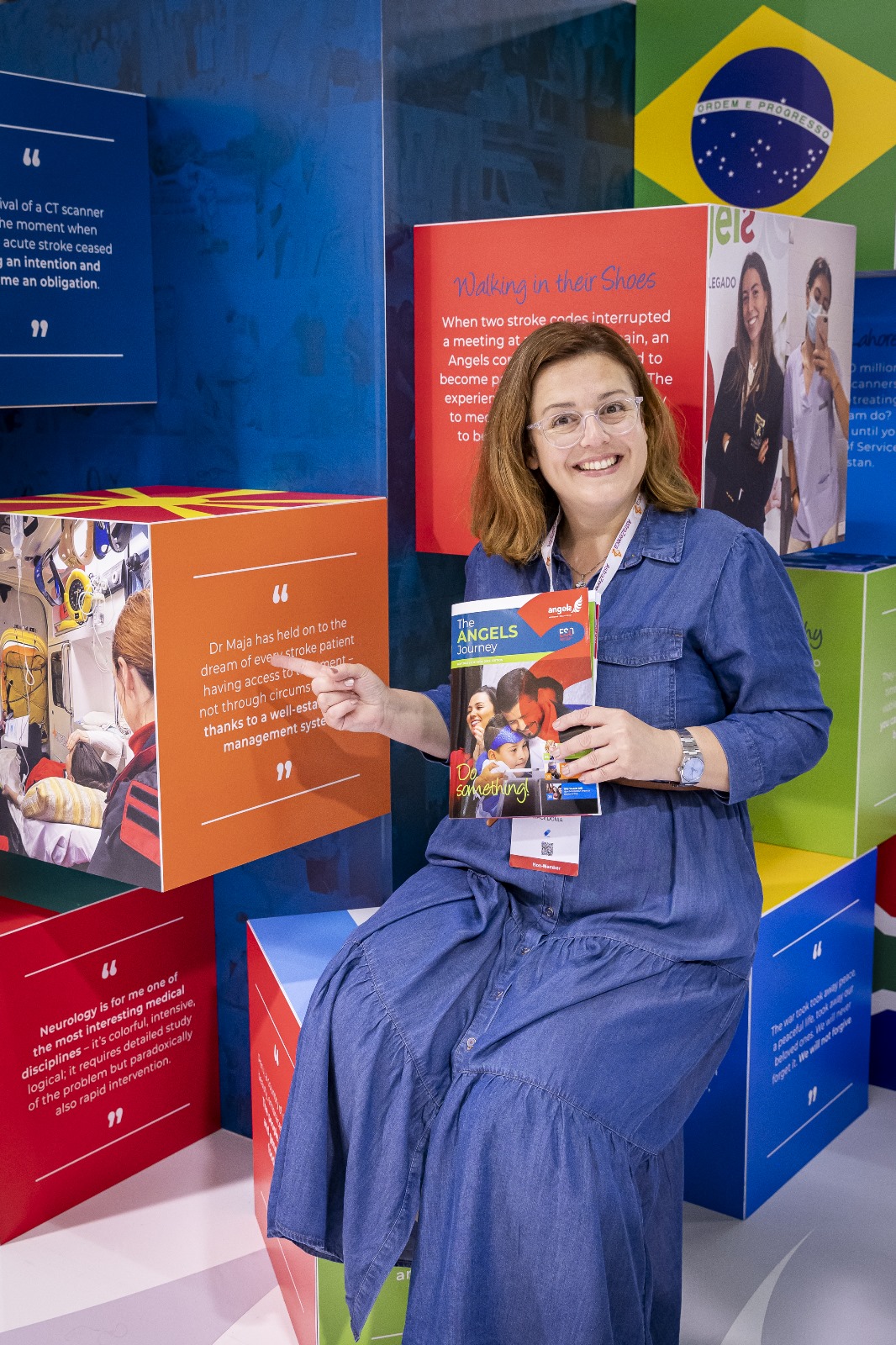
Tiến sĩ Maja Bozinovska có quan điểm không chính thống về ý nghĩa của việc sống một cuộc sống cân bằng. “Làm việc cộng với công việc”, cô nói. “Nếu tôi ngừng làm việc, tôi sẽ mất thăng bằng.”
Sự bắt buộc phải làm việc đã thúc đẩy cô lên tuyến đầu trong việc chuyển đổi chăm sóc đột quỵ ở Bắc Macedonia, nơi cô thành lập và lãnh đạo Hiệp hội Chống Đột quỵ Macedonia, và ủng hộ sự thay đổi trong và ngoài thành phố của mình.
Nó có vẻ giống như một nhiệm vụ của người Sisyphean ở một quốc gia nghèo bị cản trở bởi các liên minh không ổn định và các cuộc bầu cử sớm và một hệ thống y tế công cộng đổ nát. Bởi vì những thay đổi thường xuyên trong lãnh đạo khiến khó tiếp cận được sự hỗ trợ hoặc tính liên tục, Tiến sĩ Bozinovska giữ mối liên hệ lâu đời của mình ở mức độ chính trị, dựa vào sự hỗ trợ của EU thông qua Liên minh Đột quỵ vì Châu Âu (SAFE) và Tổ chức Đột quỵ Châu Âu (ESO) để tài trợ cho các dự án và hội nghị chuyên đề. Hiệp hội do tình nguyện viên điều hành không chỉ giáo dục công chúng về đột quỵ mà còn đào tạo các bác sĩ và y tá và mua sắm thiết bị cho các bệnh viện như máy siêu âm Doppler, máy theo dõi ICU và hỗ trợ vật lý trị liệu.
“Thất vọng giúp chúng ta tiếp tục”, Tiến sĩ Bozinovska nói. “Chúng tôi biết mình có thể làm được; nó rất đơn giản, và chúng tôi có vẻ rất gần gũi, nhưng chúng tôi không thể đạt được điều đó.” Việc này cần những bước nhỏ và cung cấp vô tận sự nhiệt tình và thiện chí.
Nó giúp ích cho điều đó cũng như một người lao động, cô ấy là một người mơ mộng. “Cô ấy là một bác sĩ đã thực hiện ước mơ tiếp cận toàn cầu với phương pháp điều trị đột quỵ chất lượng không phụ thuộc vào hoàn cảnh mà phụ thuộc vào hệ thống quản lý được thiết lập tốt”, chuyên gia tư vấn của Angels, Maria Sheverdina, người đã làm việc với Tiến sĩ Bozinovska kể từ tháng 11 năm 2023 cho biết. “Có rất nhiều khó khăn ở Macedonia, và khi bạn tìm thấy một người không bao giờ ngừng tin rằng sự thay đổi là có thể, bạn đã tìm thấy một kho báu.”
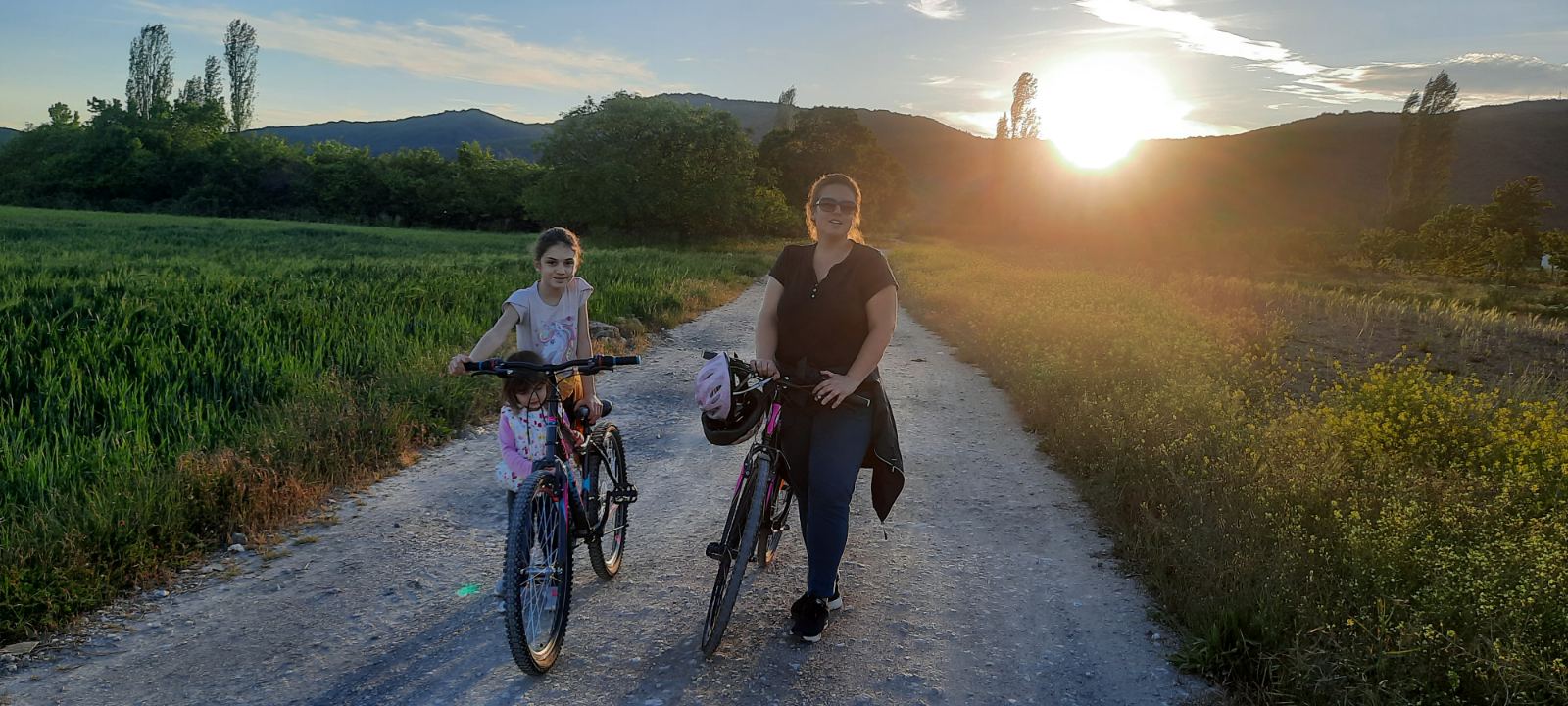
Một cuộc sống cân bằng
Câu chuyện về cách Tiến sĩ Bozinovska trở thành một kho báu bắt đầu ngay tại Ohrid, nơi bà sống với chồng và hai cô con gái năm và 13 tuổi. Cô nhớ lại một thời thơ ấu bình dị bên hồ đã sống trên thuyền và trên các bãi biển ở Nam Tư cũ, nơi mẹ cô là một luật sư và cha cô là một bác sĩ phẫu thuật chỉnh hình trong một hệ thống chăm sóc sức khỏe cộng đồng hiệu quả.
Mặc dù các con gái của cô không được hưởng nhiều quyền tự do như vậy, Ohrid vẫn là một thành phố gia đình, đó là lý do cô trở lại đây sau khi hoàn thành chuyên ngành thần kinh học ở Skopje và có nhiều kinh nghiệm hơn về sinh lý thần kinh ở Ljubljana, Slovenia.
Sau khi trở lại và phát hiện ra khoảng cách trong chăm sóc đột quỵ, cô đã bắt đầu hiệp hội hỗ trợ bệnh nhân và gia đình của mình ở khoảng cách chiến lược so với thủ đô, với ý định "hạnh phúc với cuộc sống ở một thành phố nhỏ và giúp đỡ đất nước".
Nhu cầu làm việc tại một điều gì đó có ý nghĩa và có lợi cho cộng đồng là lý do cô ấy trở thành bác sĩ ngay từ đầu, chọn sử dụng năng lượng của mình “theo cách đúng đắn”.
Cô trở thành một bác sĩ thần kinh trong hoàn cảnh không có ngay cơ hội để gây mê. Cô ấy hài lòng với lựa chọn của mình: “Tôi thích điều đó”.
Bà chỉ là bác sĩ thần kinh thứ hai tại Bệnh viện Đặc biệt về Chỉnh hình và Chấn thương của Ohrid St Erasmus, đến sau khoảng thời gian 15 năm. St Erasmus không có khả năng xây dựng một đơn vị đột quỵ, nhưng với sự hỗ trợ của Maria Sherverdina, Tiến sĩ Bozinovskais đã cho mượn chuyên môn của mình để tổ chức lộ trình đột quỵ và thành lập một đơn vị đột quỵ tại Bệnh viện Đa khoa Ohrid.
Để theo đuổi một cuộc sống cân bằng, Bác sĩ Bozinovska chăm sóc bệnh nhân của mình trong giờ làm việc và trong thời gian rảnh rỗi, cô cố gắng chăm sóc đột quỵ bình đẳng trên khắp Macedonia. "Nó giống như một sở thích", cô nói về các dự án bao gồm một nghiên cứu kéo dài hai năm về tỷ lệ hiện mắc đột quỵ và các yếu tố nguy cơ trong dân số Tây Nam Macedonia. Nghiên cứu đi đôi với giáo dục nhận thức và kiểm tra phòng ngừa và một cuộc khảo sát tiếp theo cho thấy kiến thức về đột quỵ trong dân số cao tuổi của khu vực đã tăng năm phần trăm.
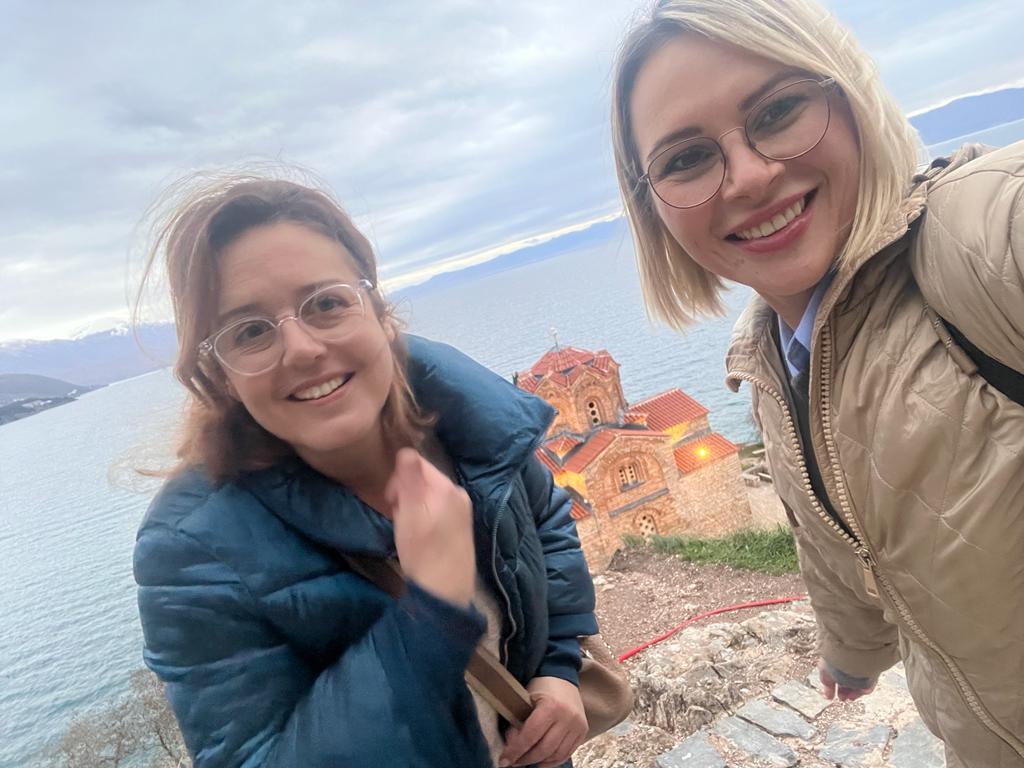
Nhân văn hóa chăm sóc đột quỵ
Tiến sĩ Bozinovska là thành viên hội đồng quản trị của SAFE và tích cực tham gia vào việc thực hiện tại địa phương Kế hoạch Hành động Đột quỵ cho Châu Âu, một dự án toàn châu Âu nhằm tìm cách giảm tỷ lệ đột quỵ và nâng cao chất lượng cuộc sống cho những người sống sót. Bằng cách hỗ trợ các quốc gia đang phát triển, mục tiêu của chương trình là giảm bớt bất bình đẳng trên toàn cầu, nhưng Tiến sĩ Bozinovska chỉ ra rằng mối liên hệ đi theo cả hai hướng. “Chúng tôi được hướng dẫn để cải thiện nhưng hướng dẫn không chỉ đi theo một hướng”, bà nói, cho thấy rằng các quốc gia khác ở châu Âu cũng có thể được hưởng lợi từ khả năng phục hồi và khả năng thích ứng được thể hiện bởi các nước láng giềng thiếu nguồn lực của họ.
Bà cũng có cảm giác rằng thuốc Đông Âu có nhiều khả năng lấy bệnh nhân làm trung tâm hơn là thuốc ở các nước phương Tây.
“Tốt hơn là nói về y thuốc lấy con người làm trung tâm”, cô nói. “Đó là về nhân văn hóa y thuốc và chăm sóc đột quỵ và ý tưởng rằng chăm sóc chất lượng cao nên được sửa đổi theo nhu cầu, mong muốn, kinh nghiệm và kỳ vọng của cá nhân để lý tưởng nhất là mỗi người có thể hoàn thành mục tiêu cá nhân của họ. Nhưng để các quyết định có tính tương hỗ, bệnh nhân và người chăm sóc của họ phải được thông tin đầy đủ.
“Những gì tôi nghĩ là chúng ta có nghĩa vụ không chỉ chia sẻ những điều tốt đẹp mà còn chia sẻ những điều xấu xa. Một số quyết định có tác dụng phụ và có thể có kết quả không mong muốn. Trong thuốc lấy con người làm trung tâm, bệnh nhân được thông báo đầy đủ để cùng ra quyết định và chia sẻ trách nhiệm. Nhưng để y thuốc lấy con người làm trung tâm thành công, trước tiên bạn cần giáo dục công chúng.
“Điều này đặc biệt quan trọng trong thần kinh học, nơi có nhiều tình trạng bệnh lý không thể chữa khỏi và cần phải giải thích điều này cho bệnh nhân để họ có thể hiểu và chấp nhận nó.”
Ở Macedonia, bà nói, không có gì lạ khi một bệnh nhân lớn tuổi gọi bác sĩ của họ là "người yêu" hoặc "con tôi". Sự không chính thức này, trái ngược với văn hóa chăm sóc sức khỏe nơi sự tôn trọng của bệnh nhân là tiêu chuẩn, thúc đẩy sự gần gũi và dân chủ hóa mối quan hệ bác sĩ-bệnh nhân.
Có một đặc điểm quốc gia khác ủng hộ dự án của DrBozinovska.
“Người dân Mexico là những chiến binh”, cô nói. “Chúng ta có khả năng thích ứng với một tình huống và tạo ra những điều tốt đẹp nhất từ một câu chuyện tồi tệ.”
Trong những trường hợp khó khăn, khả năng thích ứng giống tắc kè hoa này giữ hy vọng còn sống trong khi cô và những người khác viết một câu chuyện hay hơn về chăm sóc đột quỵ ở Macedonia.
